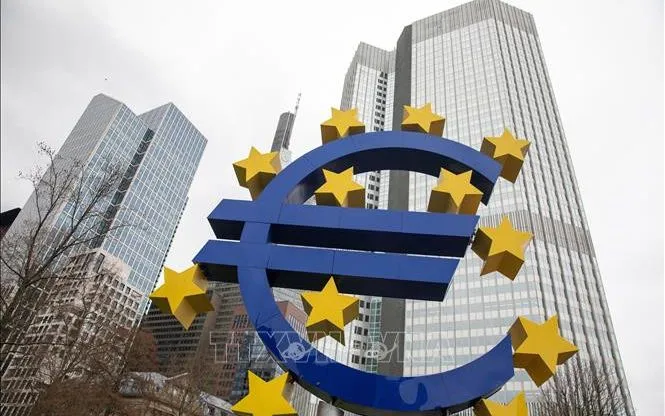
The euro symbol in front of the European Central Bank headquarters in Frankfurt, Germany. (Photo: AFP/TTXVN)
The European Central Bank (ECB) is almost certain to keep interest rates unchanged at its third consecutive meeting on October 30 (local time), in the context that the Eurozone is experiencing a rare period when inflation is at target and growth remains stable - despite global trade volatility.
After cutting interest rates by a total of 2 percentage points between June 2024 and June 2025, the ECB is keeping its monetary policy unchanged and says there is no reason to change it. Eurozone inflation is staying right on target, a “sweet spot” that even the US Federal Reserve (Fed), the Bank of England (BoE) or the Bank of Japan (BoJ) have yet to reach.
According to a Reuters survey, all 88 economists surveyed predict the ECB will not adjust interest rates at this month's meeting. However, ECB President Christine Lagarde is likely to leave open the possibility of further monetary policy easing, as the erratic US tariff policy continues to destabilize the global economy, increasing the risk of inflation falling below the desired level.
For the time being, Ms. Lagarde is expected to continue to affirm that ECB policy is “appropriately positioned” and that future decisions will depend on new economic data. The ECB also stressed its willingness to accept “small deviations” from the inflation target and will not “over-engineer” its operations.
Figures released since the last meeting have been broadly in line with the ECB's previous forecasts, showing modest but steady growth and inflation remaining around target.
Business activity – as measured by the Purchasing Managers’ Index (PMI) survey – is picking up; business confidence in Germany, the region’s largest economy, has improved; firms are more optimistic as tariff uncertainty eases. But this relative stability is also accompanied by some signs of weakness: industry remains under pressure, exports to the US have fallen sharply, and there is growing evidence that China’s surplus goods are being dumped on European markets.
The big question now is whether the positive outlook can last. UniCredit bank notes that the negative effects of tariffs are starting to show; the labor market is starting to feel pressure; Chinese goods are being diverted to Europe; and oil prices are holding up despite new US sanctions on Russia’s largest oil companies — all of which make the risk of the ECB’s inflation falling below its target over the medium term more real.
These risks could prompt the ECB to consider a “slightly lower” interest rate, in line with current market expectations, with the probability of another cut before June 2026 standing at 50%, according to ECB chief economist Philip Lane.
However, most economists and policymakers believe the ECB will keep interest rates unchanged, with expectations that trade uncertainty will ease, households will have more savings to spend and the German government is aggressively increasing budget spending.
Source: https://vtv.vn/ecb-co-the-giu-nguyen-lai-suat-trong-cuoc-hop-thu-ba-lien-tiep-100251030142651489.htm


![[Photo] The Third Patriotic Emulation Congress of the Central Internal Affairs Commission](https://vphoto.vietnam.vn/thumb/1200x675/vietnam/resource/IMAGE/2025/10/30/1761831176178_dh-thi-dua-yeu-nuoc-5076-2710-jpg.webp)
![[Photo] National Assembly Chairman Tran Thanh Man receives foreign ambassadors who came to say goodbye](https://vphoto.vietnam.vn/thumb/1200x675/vietnam/resource/IMAGE/2025/10/30/1761820977744_ndo_br_1-jpg.webp)
![[Photo] General Secretary To Lam meets former British Prime Minister Tony Blair](https://vphoto.vietnam.vn/thumb/1200x675/vietnam/resource/IMAGE/2025/10/30/1761821573624_tbt-tl1-jpg.webp)

![[Photo] Touching scene of thousands of people saving the embankment from the raging water](https://vphoto.vietnam.vn/thumb/1200x675/vietnam/resource/IMAGE/2025/10/30/1761825173837_ndo_br_ho-de-3-jpg.webp)
![[Photo] General Secretary To Lam attends the Vietnam-UK High-Level Economic Conference](https://vphoto.vietnam.vn/thumb/1200x675/vietnam/resource/IMAGE/2025/10/30/1761825773922_anh-1-3371-jpg.webp)
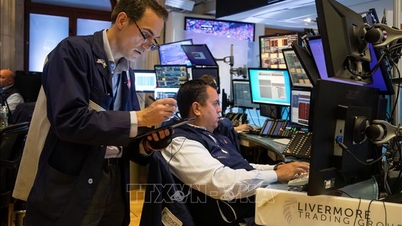

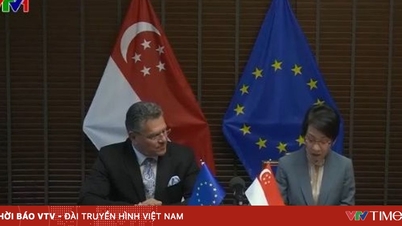
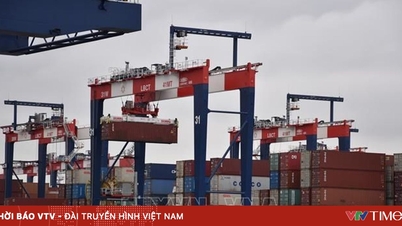
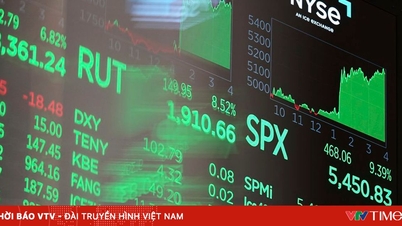

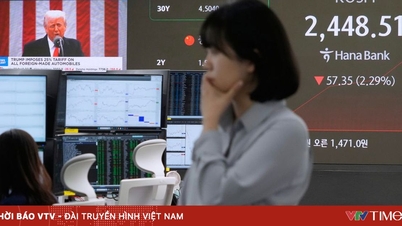


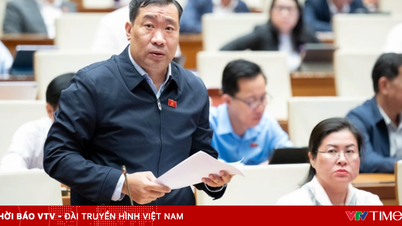


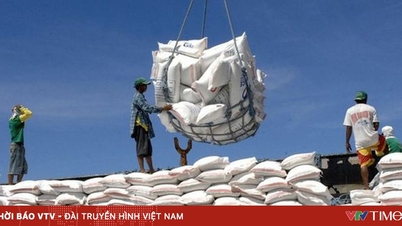
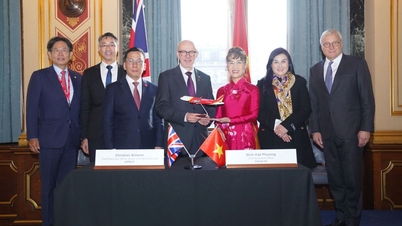





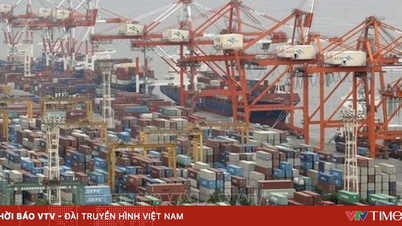



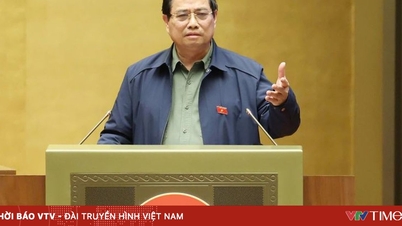







































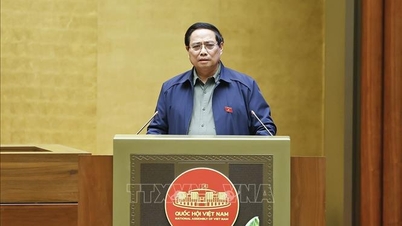
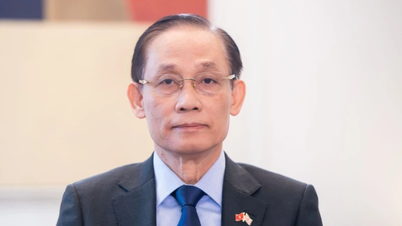

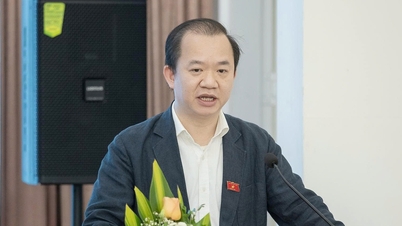

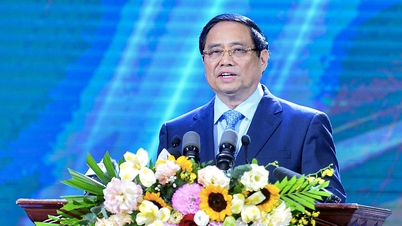


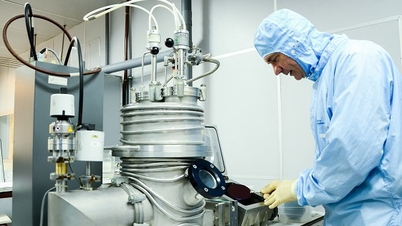

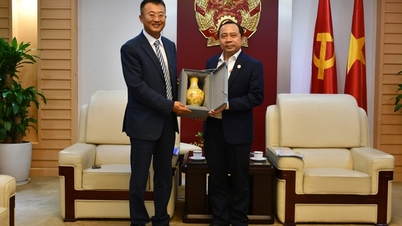
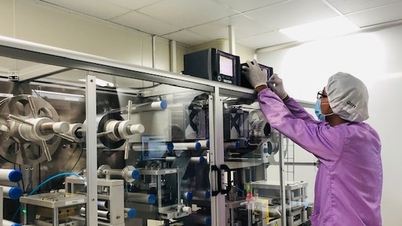
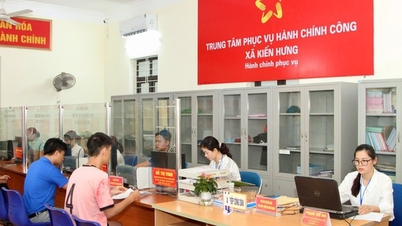
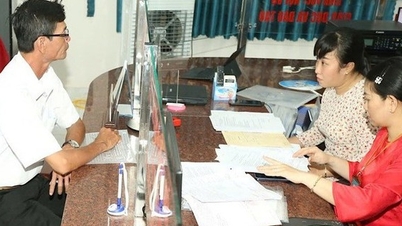
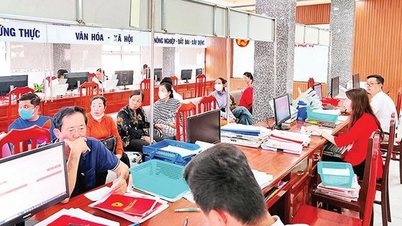

























Comment (0)